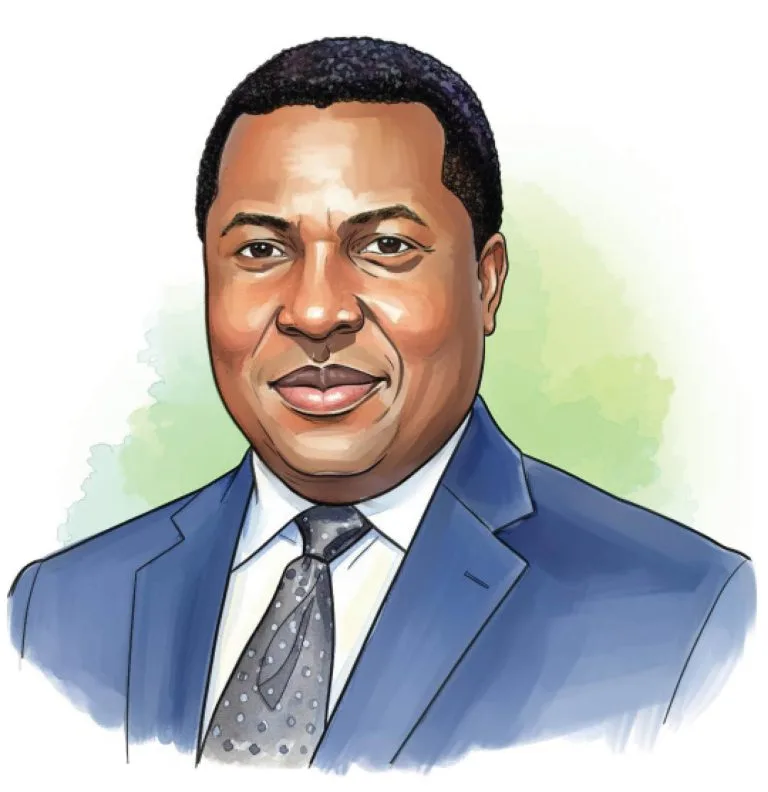
The Supreme Council for Shari’ah in Nigeria (SCSN) has urged President Bola Ahmed Tinubu to review the appointment of Professor Joash Ojo Amupitan as Chairman of the Independent National Electoral Commission (INEC), following allegations that he once authored a divisive and anti-Muslim legal paper.
In a statement signed by its Secretary General, Nafiu Baba-Ahmad, the Council said it was “deeply concerned” by a recent Sahara Reporters publication claiming that Prof. Amupitan, in a 2020 legal brief, made “provocative, distorted and bigoted assertions” about conflicts in Northern Nigeria and the historical legacy of Sheikh Uthman bn Fodio’s jihad.
The SCSN described the alleged content as “toxic” and “unbecoming” of someone now entrusted with safeguarding Nigeria’s democratic process.
“If indeed Prof. Amupitan authored the said document, his submissions are dangerously inimical to the unity, peace, and stability of our country,” the statement read.
According to the Council, the alleged paper wrongly characterized northern violence as “Christian genocide” and sought to link current insecurity to the 19th-century jihad led by Sheikh Uthman bn Fodio.
The SCSN said such a connection was “a malicious distortion of history and a deliberate misrepresentation of one of West Africa’s most revered reform movements.”
“The Jihad of Sheikh Uthman was not a war of hatred or extermination but a spiritual, moral, and social reform movement that sought to restore justice, knowledge, and governance rooted in ethics,” the Council explained.
It further argued that Prof. Amupitan’s alleged analysis painted a false picture of religious persecution in northern Nigeria, ignoring the fact that Muslims have also been major victims of violence.
“Both Muslims and Christians have suffered immensely from extremist attacks, banditry, and communal clashes rooted in neglect, poverty, and injustice,” the statement added.
The Council maintained that the majority of those killed in affected regions from Borno to Zamfara, Katsina, and Yobe were Muslims.
“It therefore defies logic and decorum for anyone to reduce these tragedies to a one-sided narrative of Christian persecution,” it noted.
The SCSN questioned how a person allegedly holding such “deep-seated prejudice” could have passed through Nigeria’s security clearance process to lead a sensitive national institution like INEC.
“It is astonishing and troubling that an individual with such open bias could have been approved for such an exalted office,” the statement said. “This suggests either a grave lapse in due diligence or reckless approval that undermines public trust in the electoral system.”
Calling for a review of the appointment, the Council said that presiding over Nigeria’s electoral process “demands the highest standards of neutrality, fairness, and inclusivity.”
It warned that perceived bias at the top of INEC could erode confidence in upcoming elections.
The SCSN also appealed to Nigerians to avoid being drawn into religious animosity.
“Our common enemies are injustice, corruption, poverty, and insecurity,” it said. “We remain committed to peace, unity, and the pursuit of truth based on fairness and mutual respect.”
 Premium News
Premium News